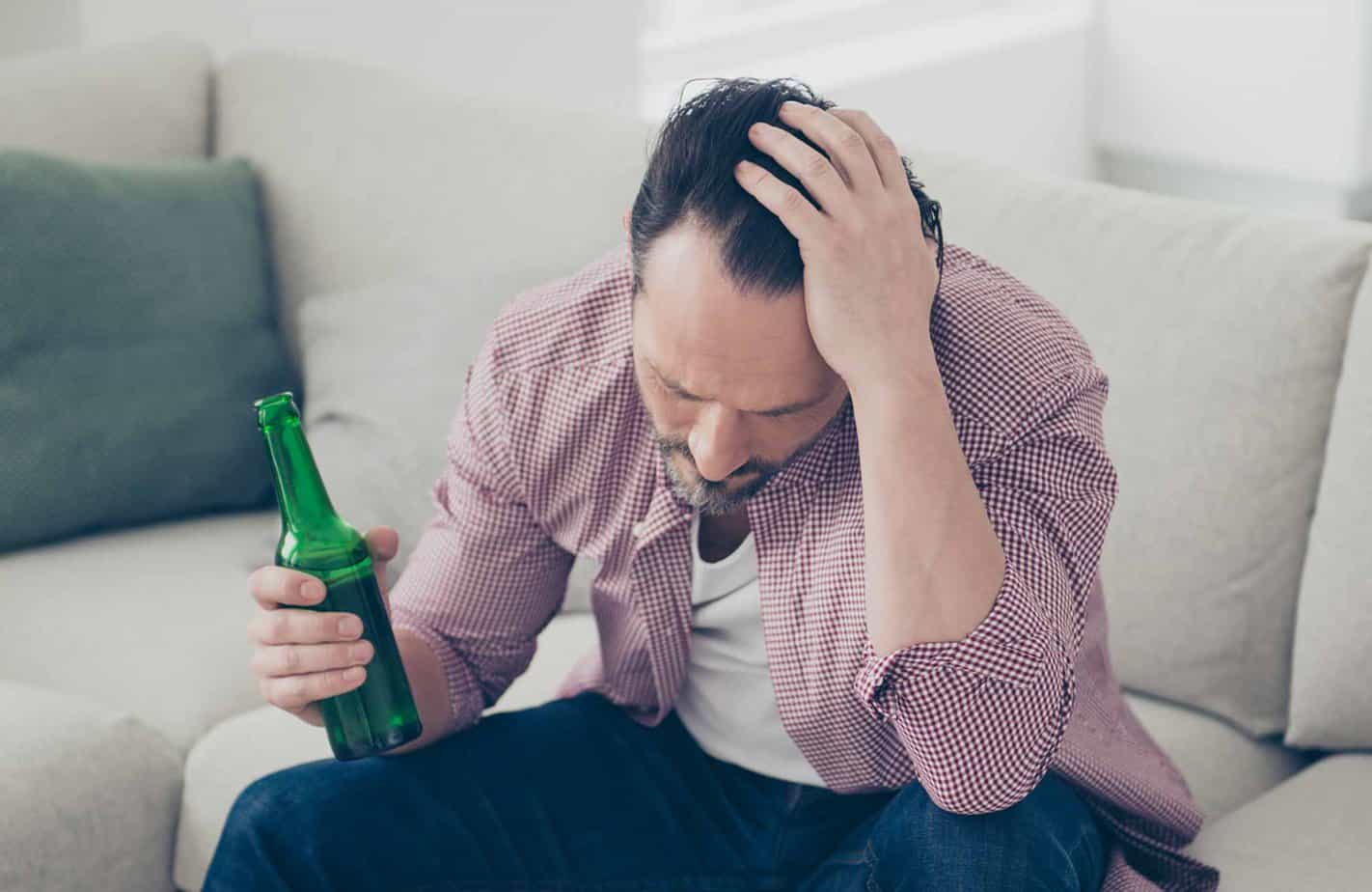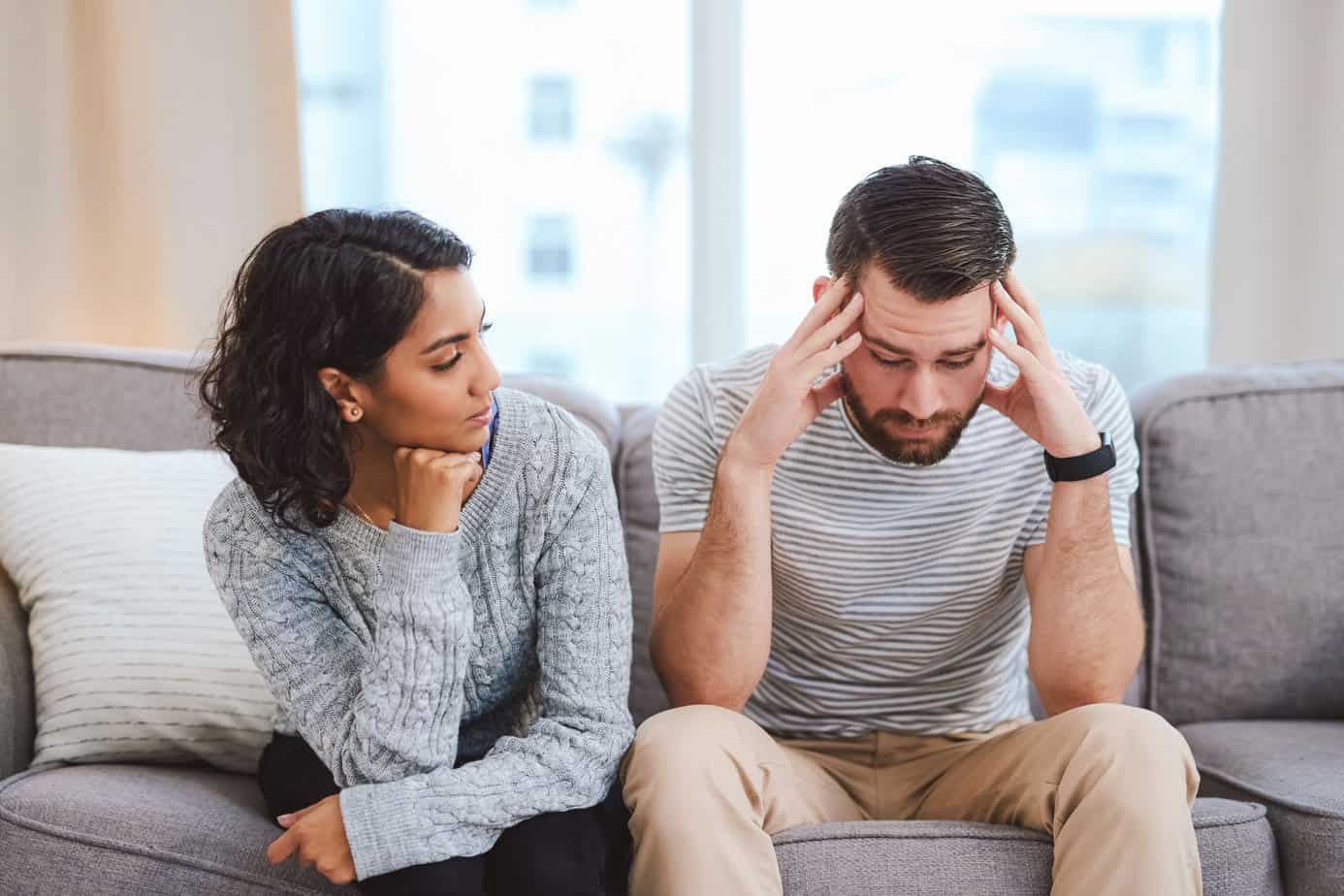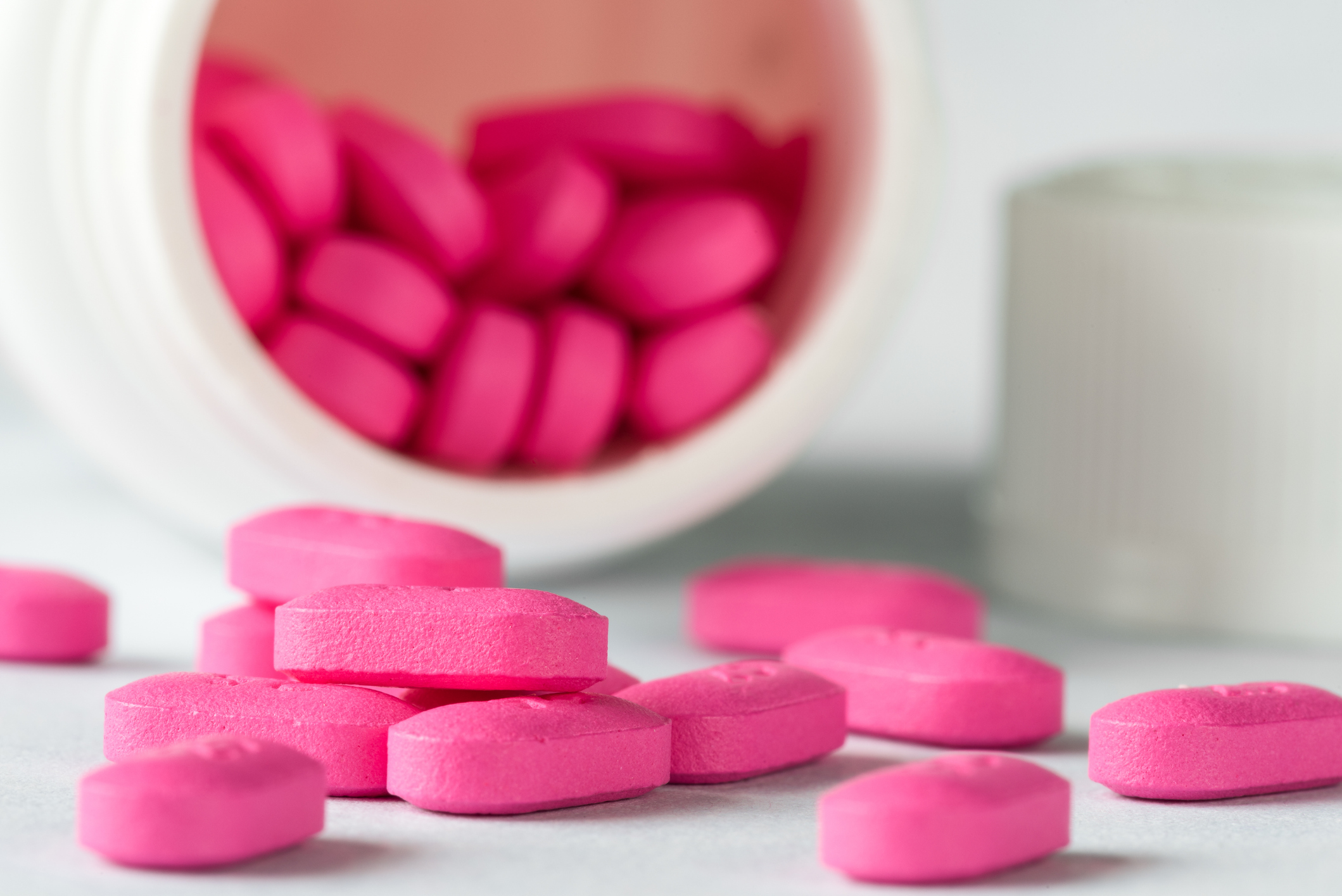Do you ever take a shot to calm your nerves? Do you find yourself holding a drink every time you are in an uncomfortable social situation? Does a cocktail help silence your worries? If so, you are not alone. Drinking alcohol to deal with stress is common. But for many, alcohol is a dangerous, temporary solution to a much deeper problem: anxiety.
Roughly 40 million Americans over the age of 18 suffer from at least one type of anxiety disorder. Less than 40 percent seek treatment. Many are unaware that they are suffering from anxiety and unknowingly use alcohol to manage their symptoms.
Common Signs of an Anxiety Disorder
Occasionally feeling nervous or worrying is normal. However, being anxious and having an anxiety disorder are not the same ⎼ and anxiety disorders should not be ignored. One of the key differences between being anxious and suffering from anxiety is the intensity and length of symptoms. If you experience any of the symptoms below for an extended period of time or if you notice they are having a significant effect on your life, you may be suffering from an anxiety disorder.
The Link Between Anxiety and Alcohol
If you have ever had a drink (or more) to calm your worries, you may have found that it works. That after finishing a bottle of wine, you no longer care about what was keeping you up at night. But you may have also noticed that when you woke up the next morning, that overwhelming feeling of panic came over you once again, maybe even with more intensity. That is because while alcohol can temporarily numb your pain, drinking doesn’t solve what is causing it. And in many cases, alcohol can exacerbate your symptoms of anxiety and even cause you to become more irritable or experience feelings of depression. And since alcohol initially helped to ease your symptoms, you may be tempted to drink more to find peace. This thought process is common and leads many into a never-ending cycle of anxiety and alcohol abuse.
Seeking Help: Why You Must Treat Both Issues
Individuals suffering from anxiety disorders are three times more likely to develop a substance abuse problem than those who do not suffer from anxiety. As such, it is not surprising that approximately 20 percent of Americans suffering from anxiety disorders also struggle with drugs or alcohol. For some, their alcoholism is the result of self-medicating to treat their anxiety. For others, anxiety is alcohol-induced. Regardless of which came first, the connection between anxiety and alcohol abuse is undeniable.
If you are struggling with both anxiety and alcohol abuse, it is important that you reach out to a professional who treats co-occurring disorders. It is nearly impossible for individuals to stop drinking without also treating their anxiety or vice versa. By simultaneously addressing both issues, you will gain the tools you need to better manage your emotions as well as abstain from drinking.
While professional help is recommended for treating anxiety disorders as well as alcohol abuse, there are steps you can start taking now to help you better manage your anxiety symptoms.
- Exercise Regularly: Physical activity lowers your body’s stress hormones and helps release endorphins, which improve your mood.
- Eat Healthy: Eating complex carbs, consuming foods high in zinc, and staying hydrated can help soothe the body and combat long-term effects of anxiety.
- Meditate: Meditation can help quiet your mind and allow you to focus on what you can control.
- Write Down Your Feelings: Putting your thoughts, feelings, and fears onto paper may help provide you with a sense of relief as well as give you insight into what may be triggering your anxiety.
Anxiety disorders can be both physically and mentally debilitating and, if left untreated, can get worse over time. Do not wait for your symptoms to worsen, your drinking to increase, or your health to deteriorate. If you are struggling with an anxiety disorder, get help today.
If you or a loved one is struggling with addiction, Mountainside can help.
Click here or call (888) 833-4676 to speak with one of our addiction treatment experts.

 By
By 







